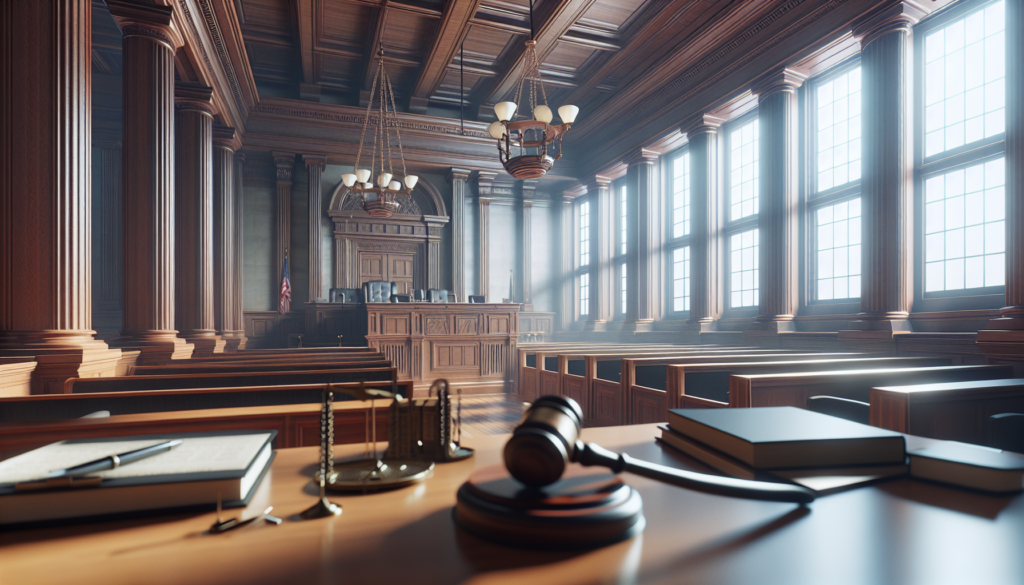
Filing for Chapter 13 bankruptcy can be a lifeline for individuals overwhelmed by debt, offering a structured path to financial recovery while retaining their assets. Central to this process is the Chapter 13 confirmation hearing, a pivotal court proceeding where the bankruptcy court evaluates and decides on the approval of the debtor’s repayment plan. This article delves into the intricacies of the Chapter 13 confirmation hearing, providing essential insights for debtors considering or undergoing the Chapter 13 bankruptcy process.
The Essence of Chapter 13 Bankruptcy
Chapter 13 bankruptcy, often termed as the “wage earner’s plan,” allows individuals with regular income to reorganize their debts. Unlike Chapter 7, which liquidates non-exempt assets to pay creditors, Chapter 13 focuses on repaying debts over three to five years, depending on the debtor’s income. This process not only facilitates debt management but also prevents foreclosure on homes and repossession of valuable assets.
The Role of the Confirmation Hearing in Chapter 13 Bankruptcy
The confirmation hearing is a cornerstone of the Chapter 13 process. Scheduled after the meeting of creditors, this hearing is where the bankruptcy judge reviews the debtor’s proposed repayment plan. The plan’s confirmation hinges on its feasibility, compliance with bankruptcy laws, and its ability to provide fair treatment to creditors.
Key Goals of the Confirmation Hearing
- Assess Plan Feasibility: The court examines whether the debtor’s income can support the proposed plan payments, ensuring the plan is realistic and sustainable.
- Ensure Fairness to Creditors: The plan must meet the “best interest of creditors” test, guaranteeing that unsecured creditors receive at least as much as they would under a Chapter 7 liquidation.
- Verify Legal Compliance: The plan must adhere to the Bankruptcy Code, properly classifying debts and proposing lawful means to repay them.
Addressing Objections and Modifying the Plan
Creditors and the trustee have the opportunity to object to the plan, often concerning its treatment of debts, the valuation of assets, or the overall plan feasibility. The confirmation hearing is a critical juncture to address these objections. Debtors may need to modify their plans to accommodate legitimate concerns, requiring adept negotiation and a thorough understanding of bankruptcy regulations.
The Outcomes of a Confirmation Hearing
- Plan Confirmation: A successful hearing leads to the plan’s confirmation, allowing the debtor to proceed with payments under the court’s supervision.
- Plan Modification: If minor issues prevent confirmation, the debtor may amend the plan to meet the court’s requirements.
- Denial of Confirmation: Significant problems may lead to plan rejection, prompting the debtor to propose a new plan, convert to Chapter 7, or face case dismissal.
Life After Plan Confirmation
Following confirmation, the debtor embarks on the plan’s execution, making regular payments to the trustee, who distributes funds to creditors. Adherence to the plan is crucial; failing to make payments can result in case dismissal or conversion to Chapter 7 bankruptcy. Successful plan completion typically results in the discharge of remaining dischargeable debts, marking a fresh financial start for the debtor.
The Chapter 13 confirmation hearing is a critical phase in the bankruptcy process, determining the course of a debtor’s financial rehabilitation. Understanding the hearing’s objectives, preparing for potential objections, and complying with legal requirements are vital steps toward achieving plan confirmation. For many debtors, navigating the complexities of Chapter 13 bankruptcy is facilitated by the guidance of experienced bankruptcy attorneys, who can provide invaluable assistance in developing a feasible repayment plan, addressing legal challenges, and advocating on behalf of the debtor.
In the journey toward debt relief, the Chapter 13 confirmation hearing stands as a pivotal moment, offering a pathway to financial stability and the preservation of assets. With careful preparation and legal expertise, debtors can navigate this process successfully, moving closer to achieving their goal of financial freedom.

Get a Free Bankruptcy Case Evaluation